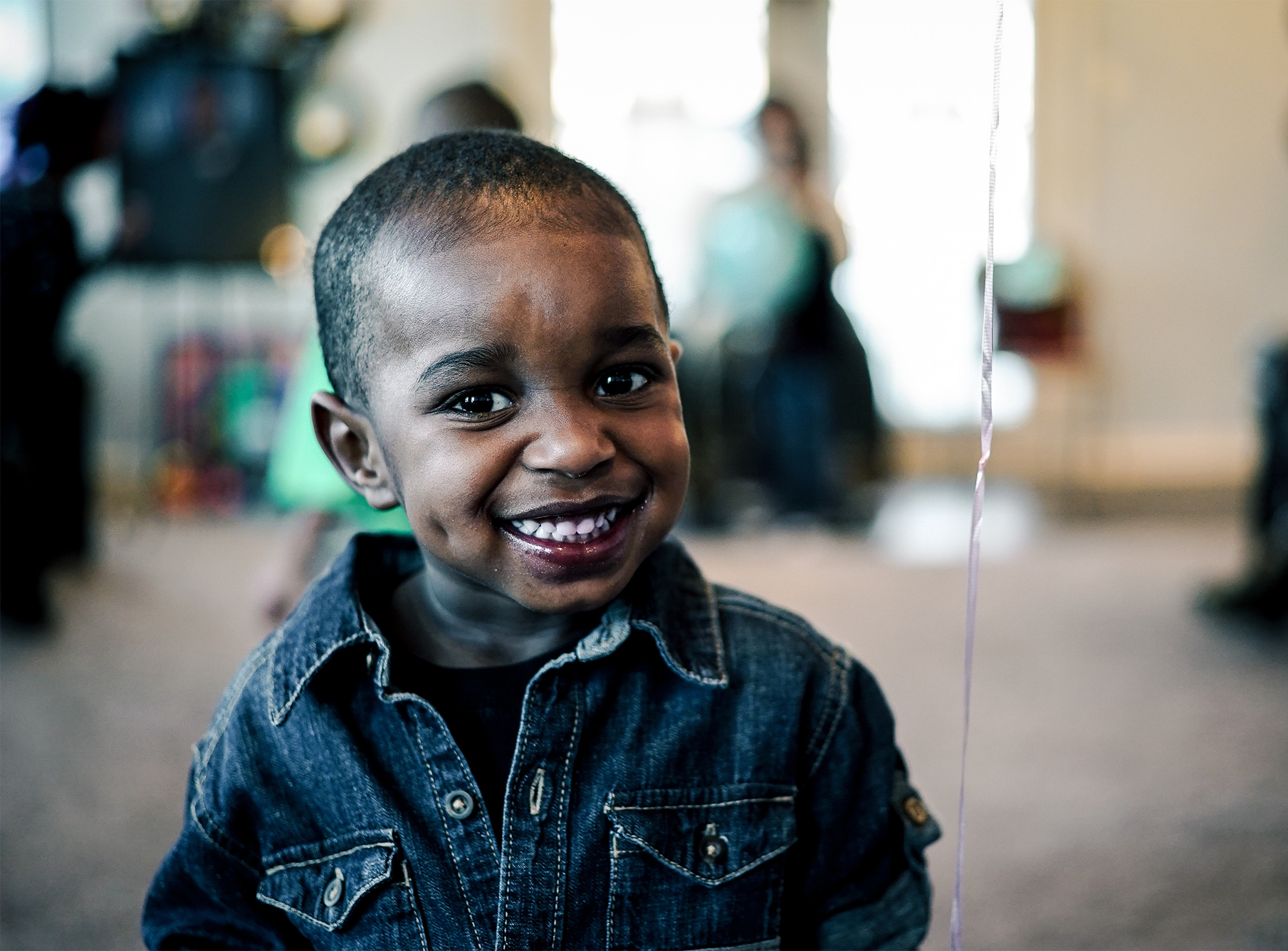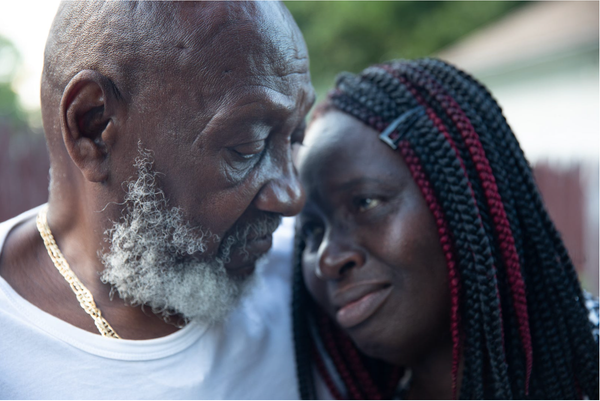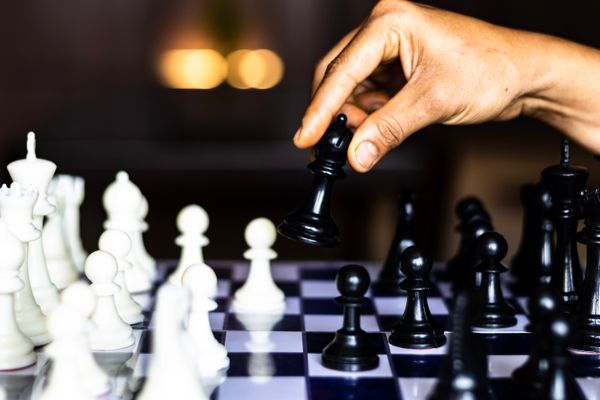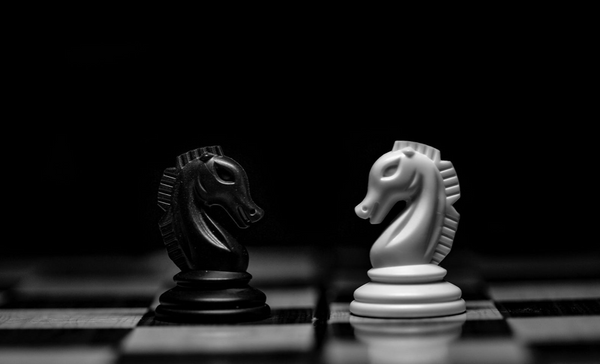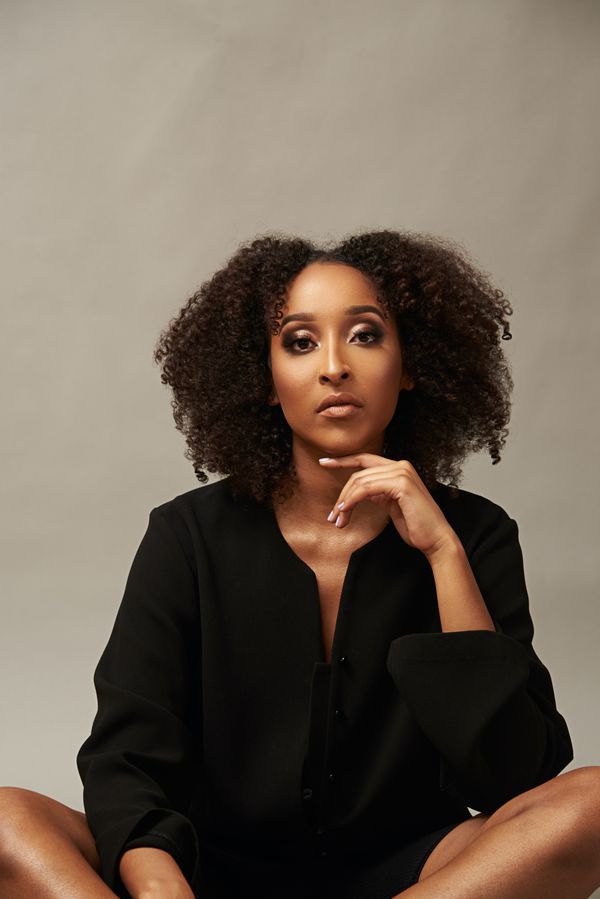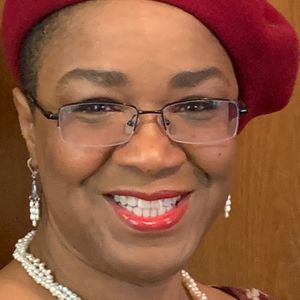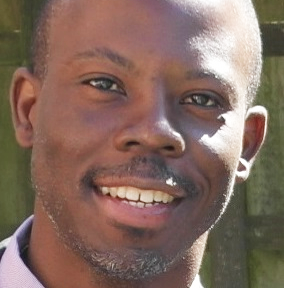It's not so much that I, as a Black man, am chomping at the bit to talk about racism with white people, but if asked about it, I am eager to share my thoughts.
In order for two Americans of different ethnicities to talk about racism two prerequisites must be mutually practiced—
- Speaking to one another with respect and care for the other person’s inherent humanity
- Active listening with the intent to leave the dialogue with a better grasp of the other person's point of view.
—without these two conventions, even with the best intentions, the conversation will invariably morph into a shouting match with one person feeling marginalized and the other personally attacked.
What Is a Racist?
A racist is someone who believes that a particular race is superior to another. It’s a free world and people can believe whatever they like. There are, however, two other elements that make racists problematic. Prejudice, a preconceived opinion that is not based on reason or actual experience. The other element is discrimination, the unjust or prejudicial actions against/treatment of different categories of people.
irrational beliefs about a particular race + discriminatory actions against a particular race = racist
Racism
When People of Color use the term “racism,” we are usually referring to either institutional racism or our direct, personal encounters with discriminatory behavior enacted against us. The concept of institutional racism does not infer the existence of a cadre of shadow individuals who plot and scheme to keep minorities underfoot. It refers to the way situations unfold that consistently show a preference for white people and against People of Color; for example, better service/interest rates for white clients or smaller sentencing penalties in the justice system when compared to People of Color.
Most of us agree that racism exists and that there are people living within the United States who still hold racist beliefs, as evidenced by the rise in the number of white supremacists and Neo-Nazis. Even those who are not so brazenly outspoken in public about their racial preferences still share their opinions in backrooms with like-minded individuals. And those prejudices are enacted publicly in subtle and not-so-subtle ways. To my white readers, I’m sure you’ve heard disparaging comments or jokes told at the expense of People of Color or have even seen actions perpetrated against People of Color that made you wince. To say the least, to be on the receiving end of such indignities is no picnic.
“But Laws Have Been Passed.”
Yes, legislation has been passed that sets the standard for public behavior, but laws do little to change people’s hearts and minds. Often, laws drive hold-outs of old behavior underground or force their behavior to become even far more subtle and sympathetic to those who would divide the country along racial lines.
One element that makes the discussion of race difficult is that some white people can’t entertain the idea that a Black person’s firsthand experience is valid and real because it’s so totally different from their own.
A couple of years ago, I spoke seriously about race with a very good white friend of mine who’s as far removed from the racial tension seen on TV as one can be. His lifestyle is what anyone would refer to, without a doubt, as upper middle class. He has an open mind and based on our over thirty-year friendship—filled with good times and bad, tears, laughter, failures, and triumphs—this guy is no racist, but there are biases. I’ve been the Jiminy Cricket to his Pinocchio many times, and we deeply love one another. A few days after our first in a series of in-depth conversations about race relations in America, he informed me that while I made no implied or direct accusation that he was a racist, my friend said he felt personally attacked. This has been a common response from most of the white males I’ve spoken with about racism.
NOTE: A discussion of racism, bias, white privilege, or how actual racists manifest them is neither an accusation of being a racist nor is it a personal attack. What most People of Color are communicating are their own first-hand encounters with racism.
Snow
Here’s an analogy for those of you who doubt the stories of People of Color pertaining to what they’ve experienced: snow.
Imagine that you’ve lived your entire life in a tropical climate and you’ve never seen, heard of, or experienced snow. One day someone who lives in an arctic climate tries to explain the concept of snow, winter, blizzards, and all that comes with snow in the winter. Your lack of experience with snow does not negate the existence of snow, the need for winter clothing, the accumulation of snowdrifts, and blizzards. In order to entertain the notion of snow, you have to first concede that the world as you know and have experienced it is not the only way the world can exist.
And for those who feel that we in America live in a post-racial world, ask yourself this question: given the way Black Americans are treated in this country, would you choose to be Black?
If your answer was “no,” you now understand the concept of privilege and recognize that America still has an issue with race that spans from sea to shining sea.
See?
“Have I Ever Done That?”
This leads to another reason why it’s hard for some white people to talk about race-related matters. To engage in discussion with a Black person about racism, a white person knows that they will risk having to take a look at themselves and ask, “Do they think I’m a racist? Am I a racist? Have I ever done that?” If anyone can ask that question of him- or herself, chances are they’re not a practicing racist. The more important question to ask is: have I ever unwittingly behaved in a racist way? Chances are the answer to that question is “yes.” Everyone has some degree of racial bias. Ev-er-y-one. But the vast majority of people in our society choose to dial down those tendencies as far as possible and not let them cloud their worldview.
For the record, racism is an equal opportunity offender. Not all Black people are thugs, drug dealers, welfare queens, or hookers. And not all white people are racists, trigger-happy cops, or rednecks. There are bad and good in all ethnicities. And to those white guys and gals who have been directly accused of being racists because of the color of their skin, I sympathize with you and offer this sentiment as a badge of honor: welcome to the club. Black people are judged every day on the color of their skin.
One guy I discussed this with feared he might be dubbed a racist because he pulled his kids out of an overcrowded school and moved them to a school with a lower teacher-student ratio. I assured him that his desire for his kids to get a good education in a smaller school was not inherently racist. I know plenty of non-white parents who love their kids just as much as he does and would do the same thing for their kids, but some have the means to make that longing a reality and others do not. But I cautioned him that if he moved his daughters because he loathed minorities, then his reasoning was patently racist.
Silver Bullets
One friend commented in frustration that he didn’t have a silver bullet to solve America’s race relations issues. I corrected him by saying, “You’re right; you don’t have ‘a’ silver bullet. As a white guy in America, you have at least three silver bullets.”
Silver Bullet No. 1: Don’t laugh at racist jokes or disparaging comments. Instead, call the would-be stand-up artist out on their racism.
Silver Bullet No. 2: Call out people on racist behavior when you see it because silence gives consent.
Silver Bullet No. 3: Actively listen when the discussion of race comes up, you read an article that makes you fidgety, or you meet someone whose personal experience is different from your own. Remember, their life experience does not negate your life experience or make you a racist.
You know the how. Are you wondering why I talk to white people about racism?
- Because I live my life with the expressed purpose of expanding people’s perceptions of who Black people, short-statured people, Christians, and gay people are.
- I want to make people aware of everyone’s inherent humanity.
- And I strive to live out Christ’s command to love one another.
Plus, as the saying goes . . . the only thing necessary for the triumph of evil is for good men to do nothing. I wouldn’t say I’m especially “good,” but I do have a Medium account and a laptop. Might as well do something with it.
Love one another.
This is the expanded and updated version published in The New York Times.


